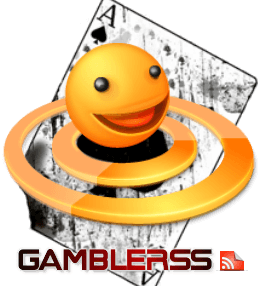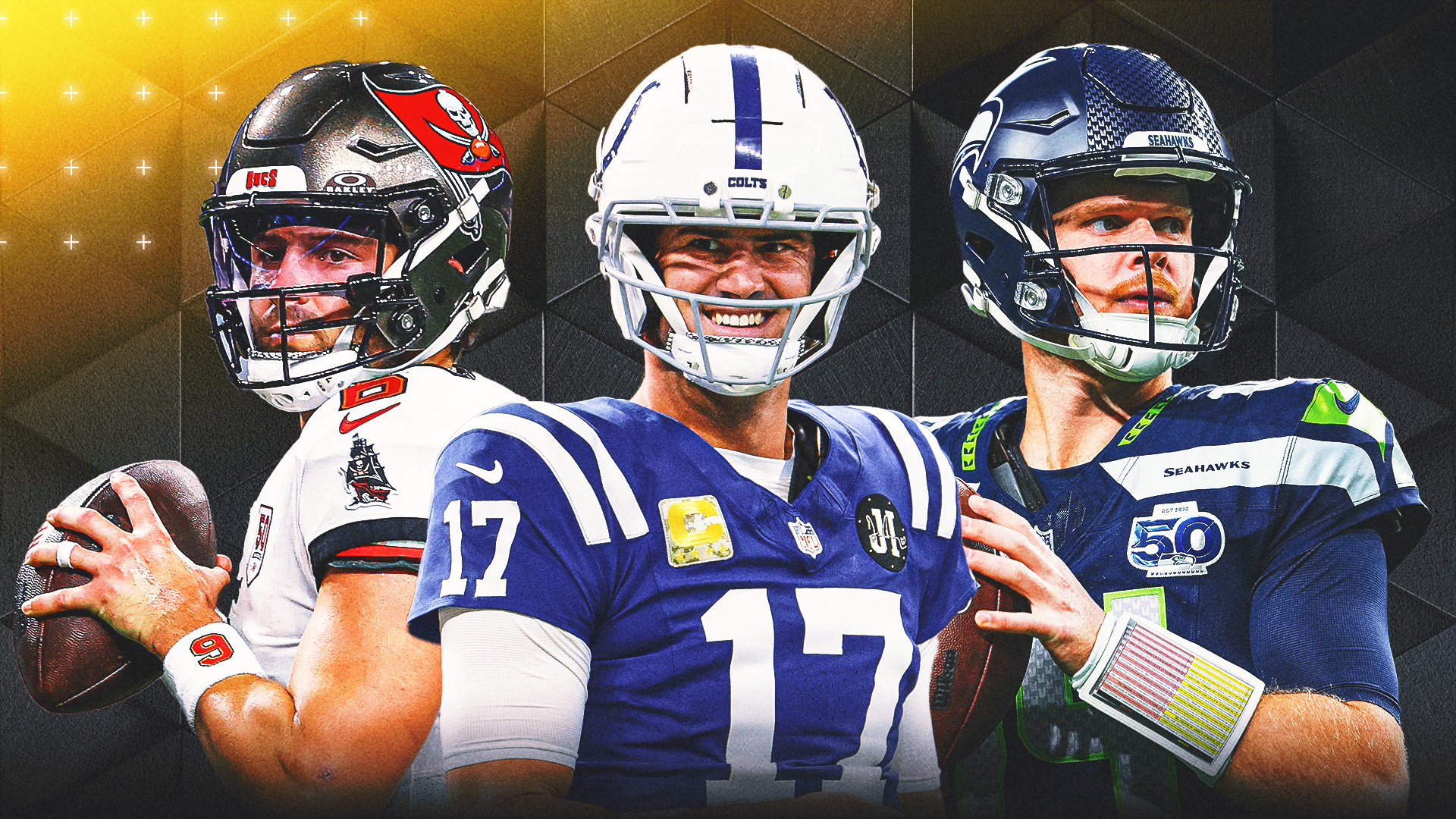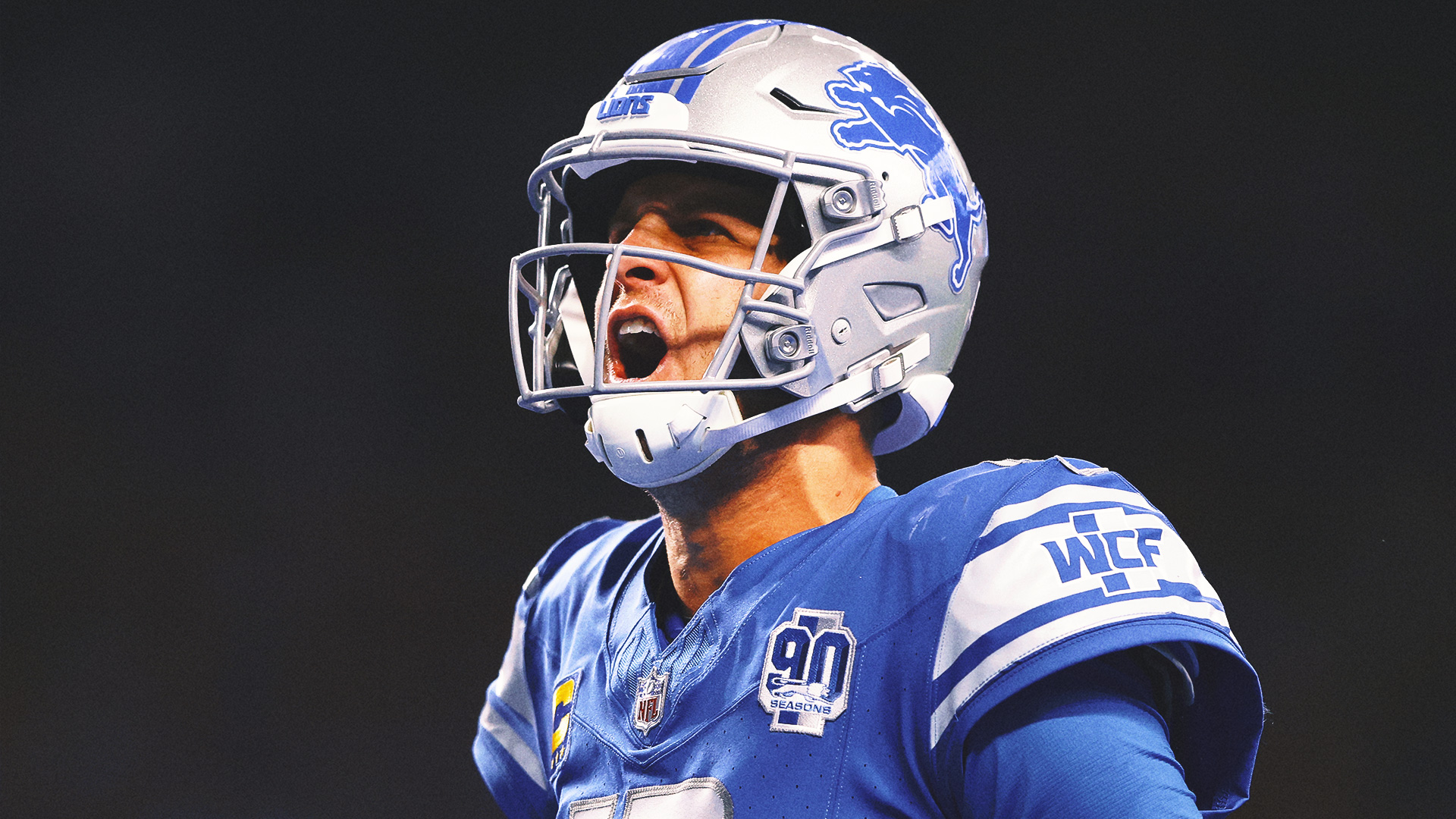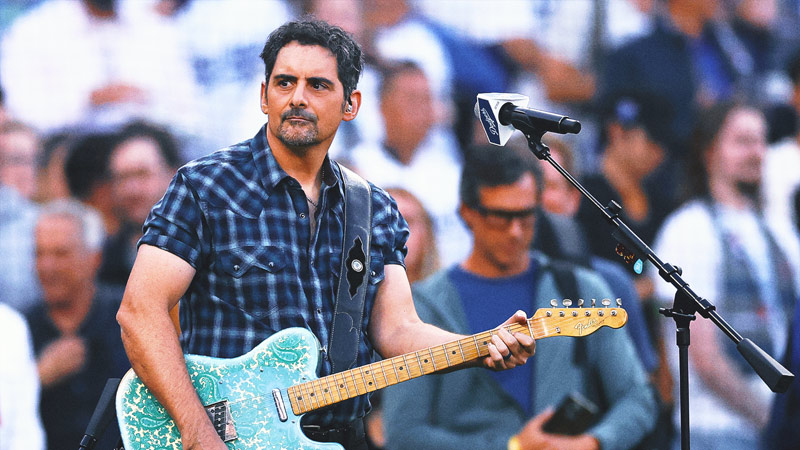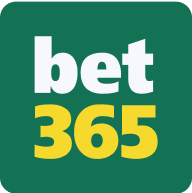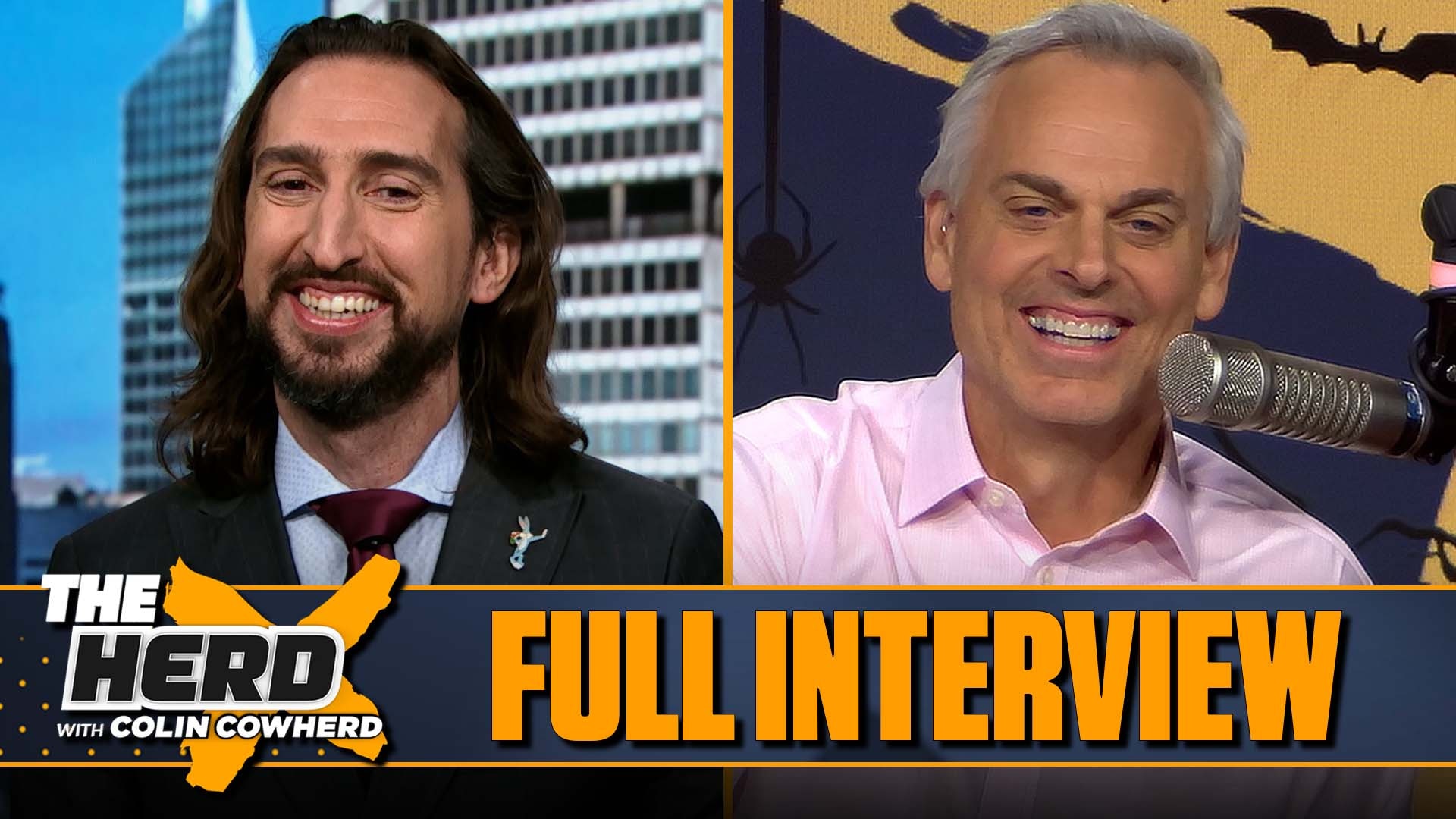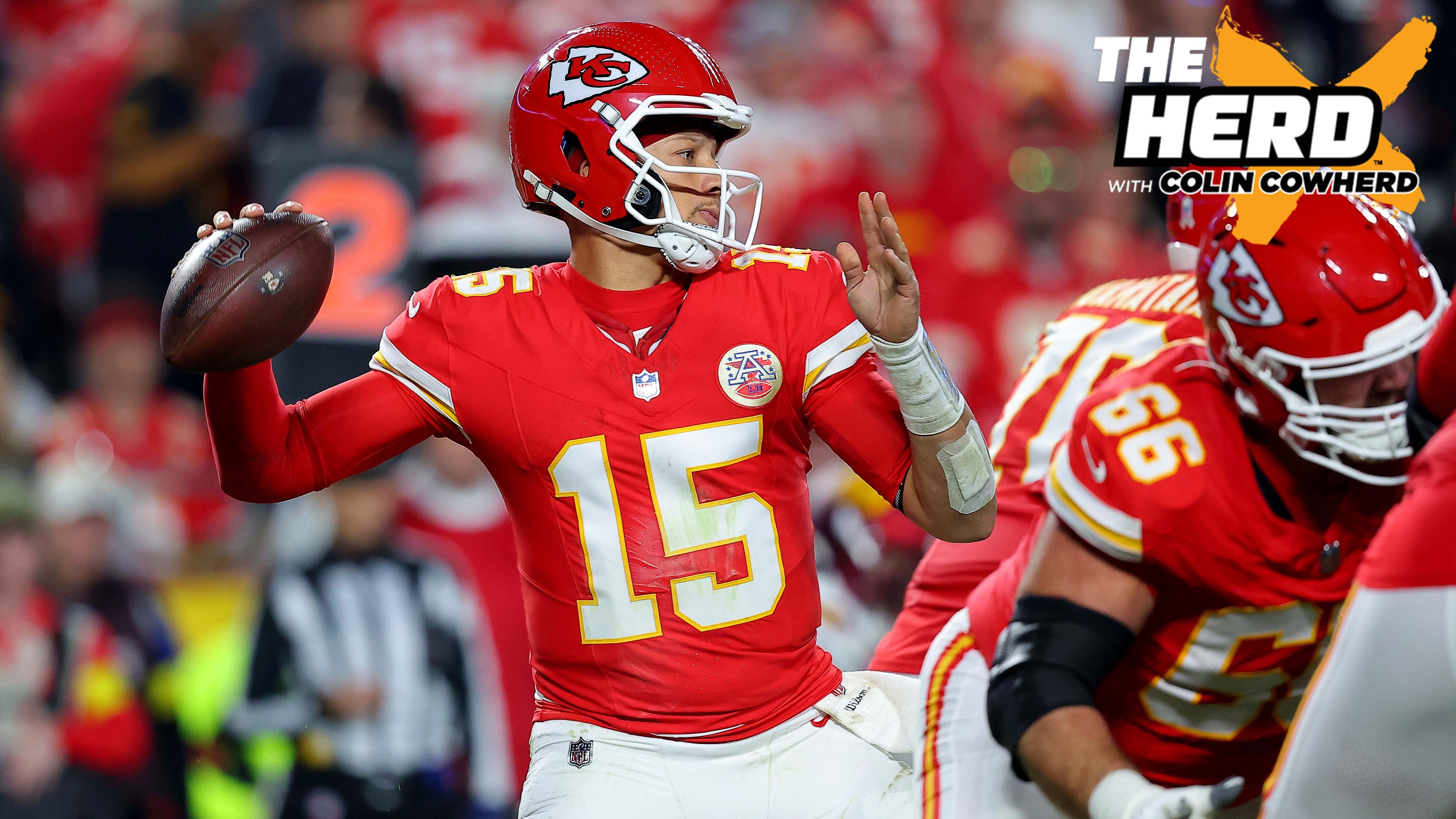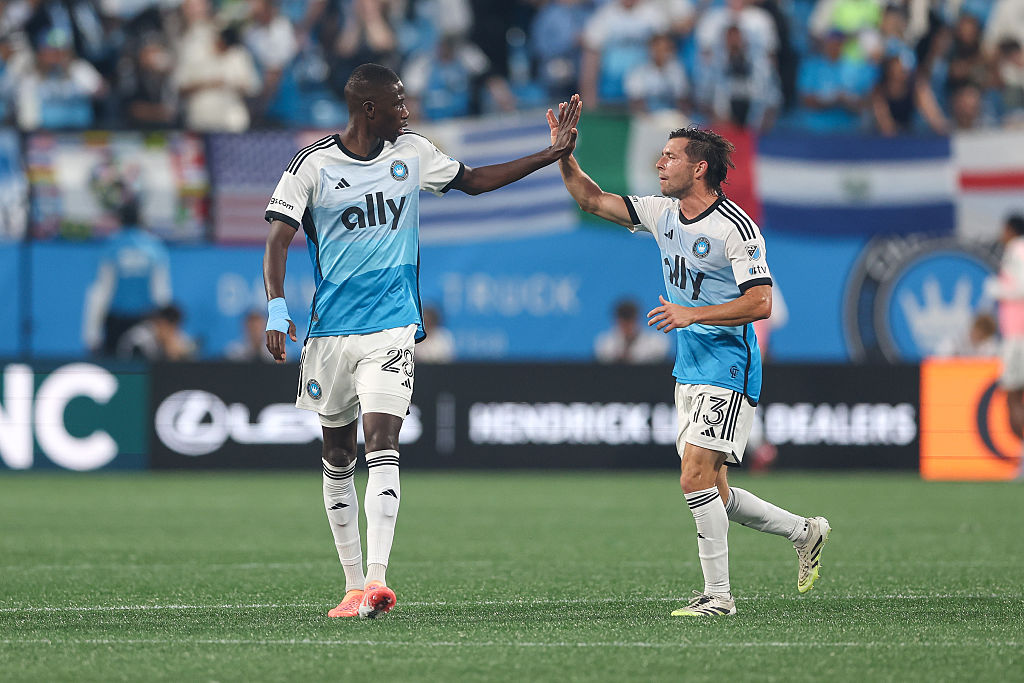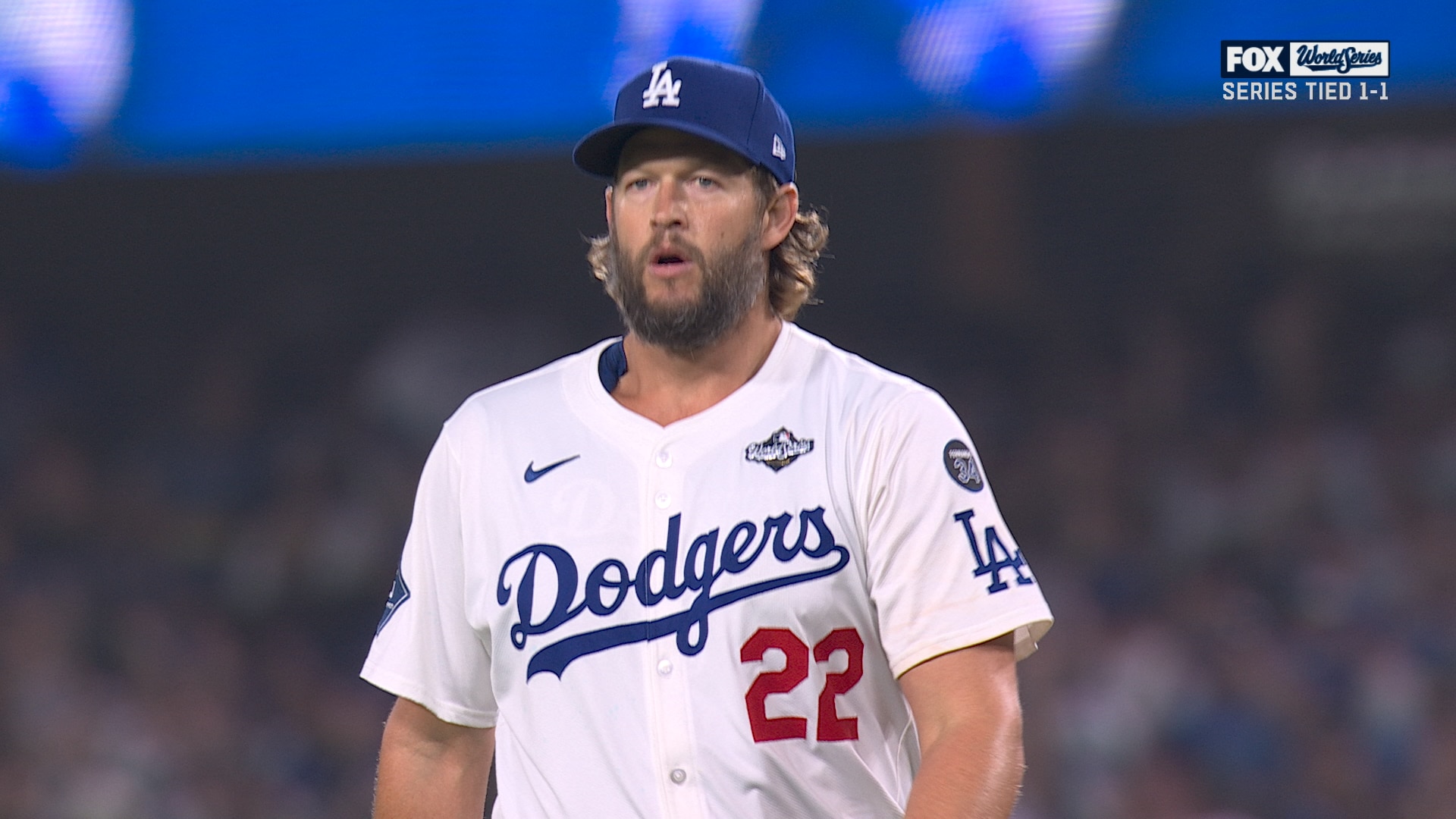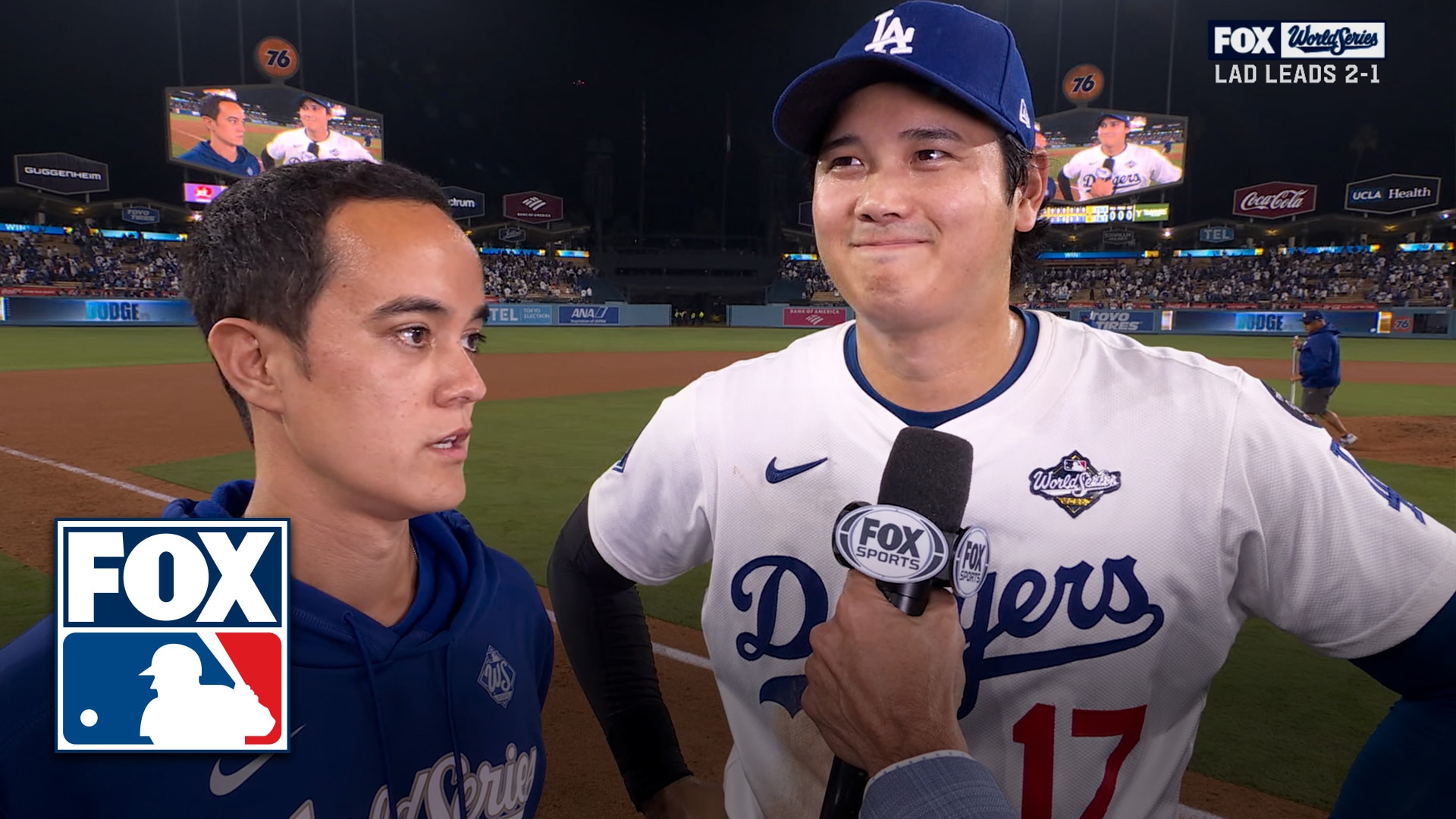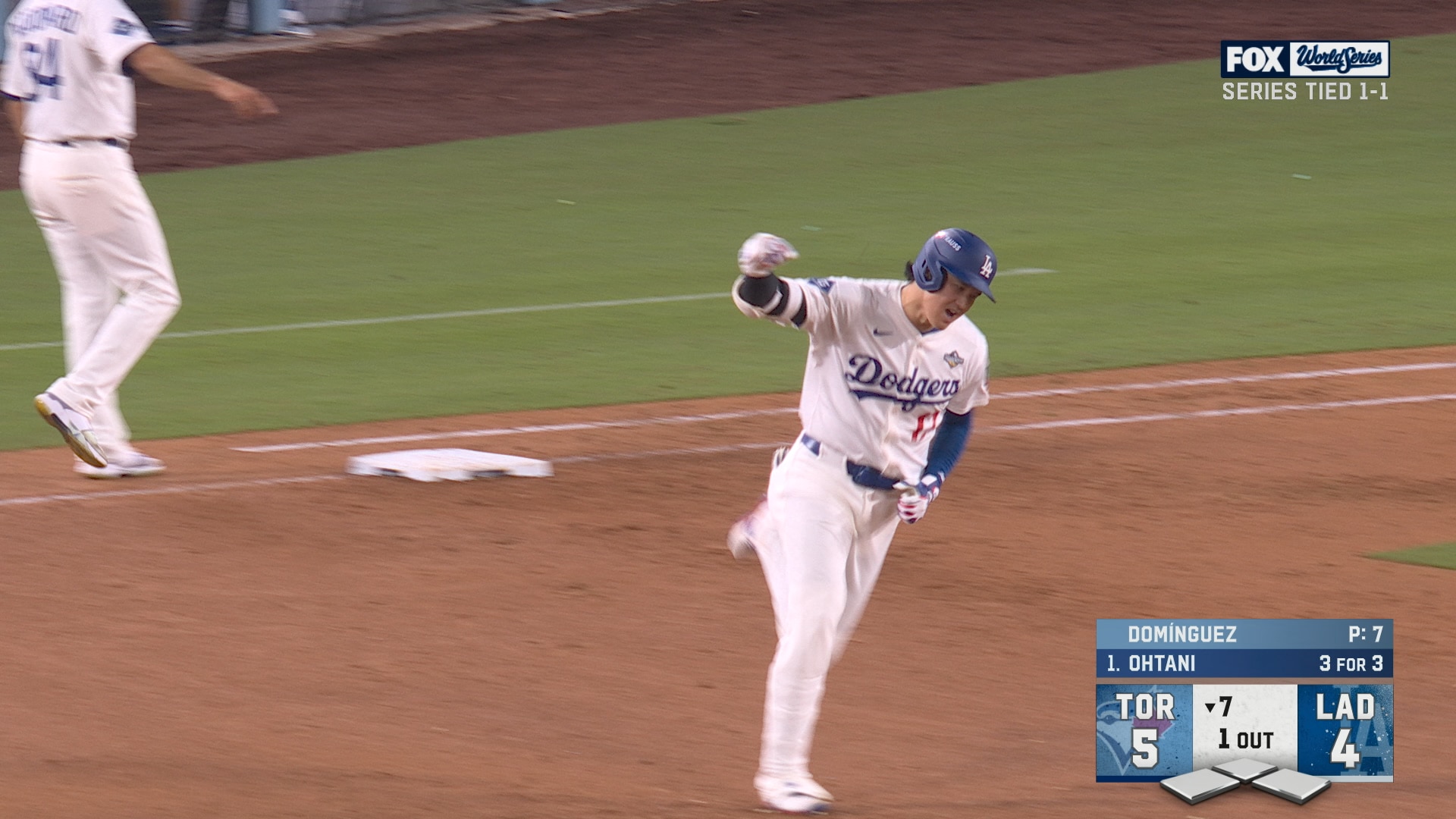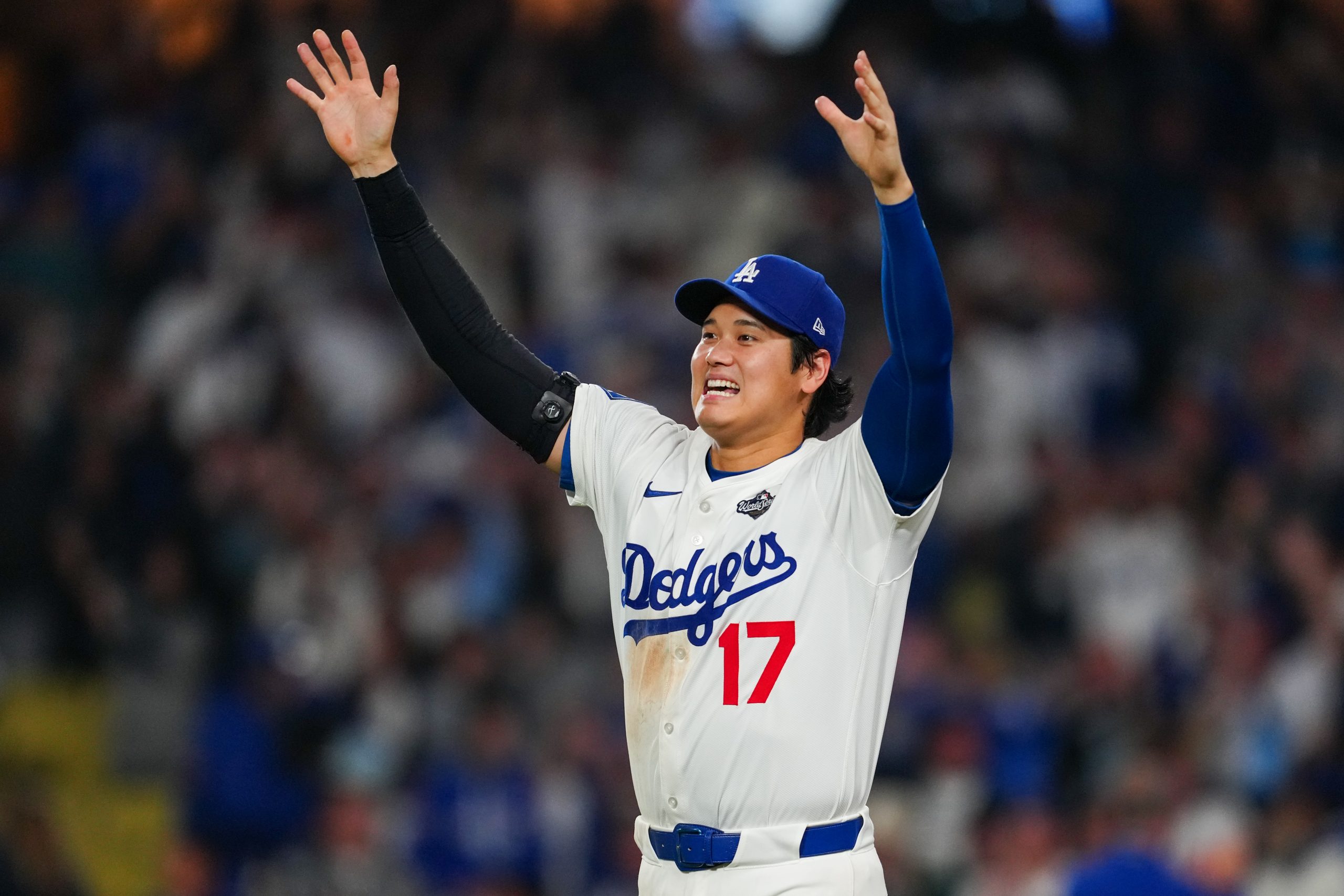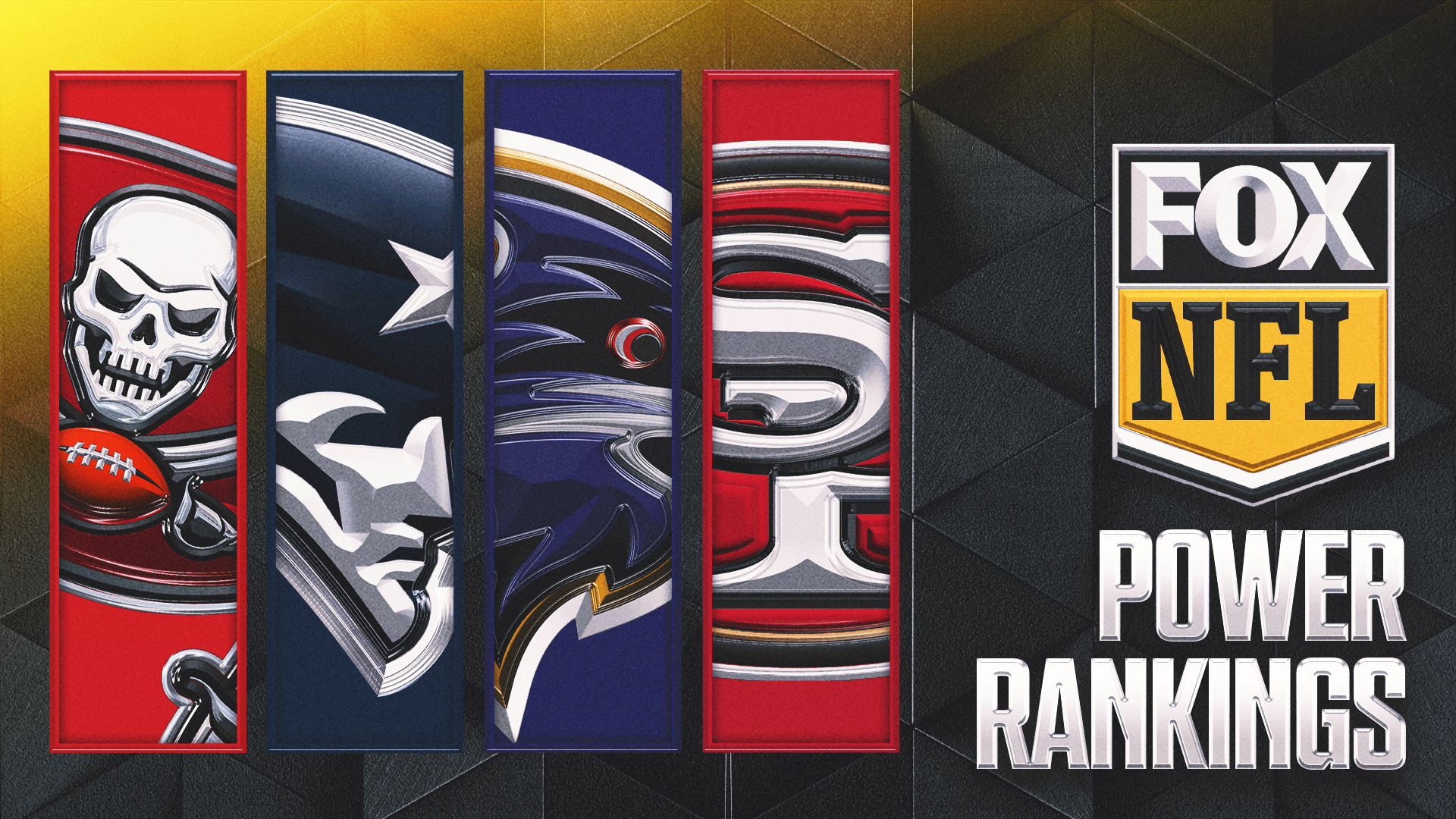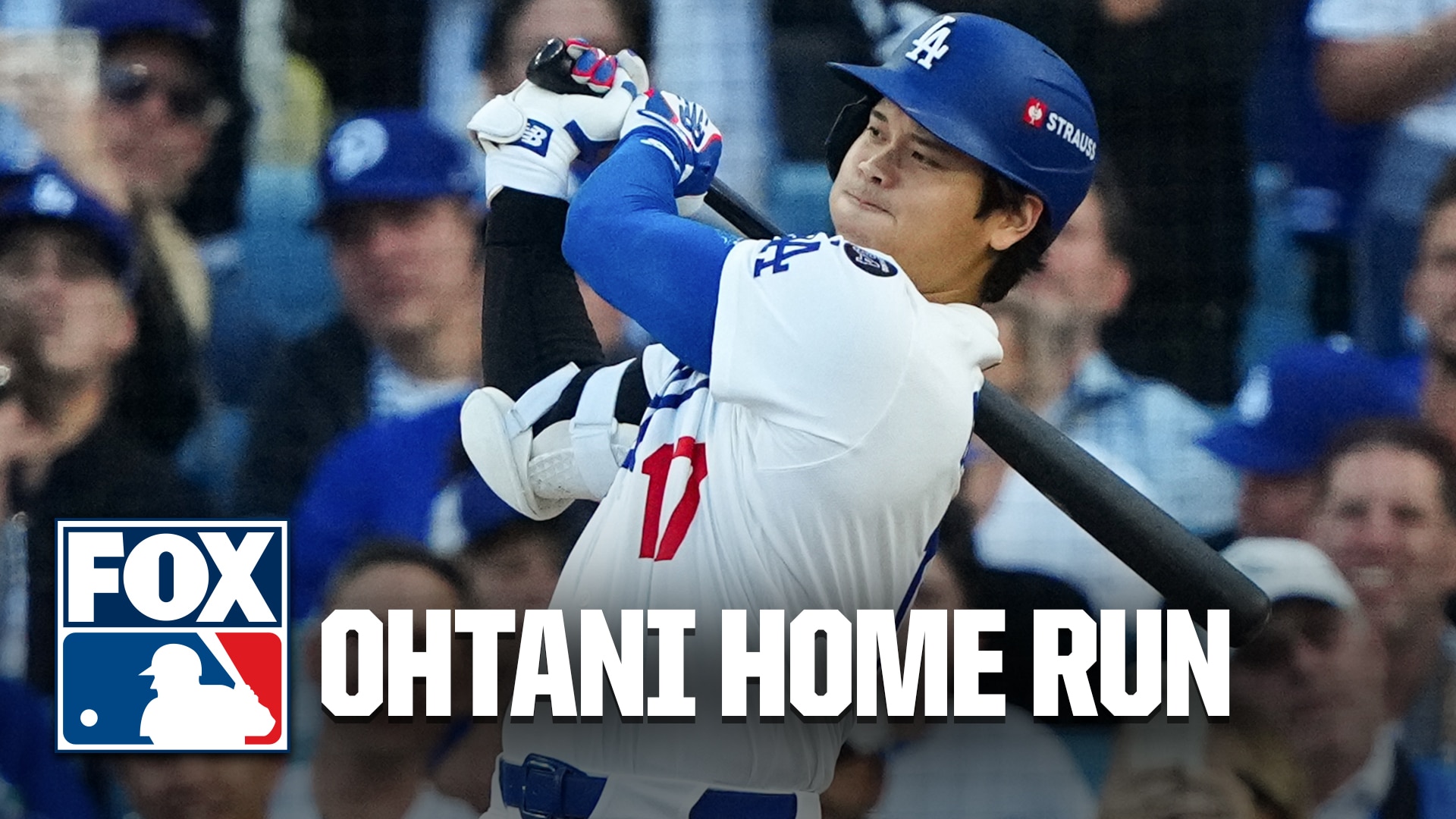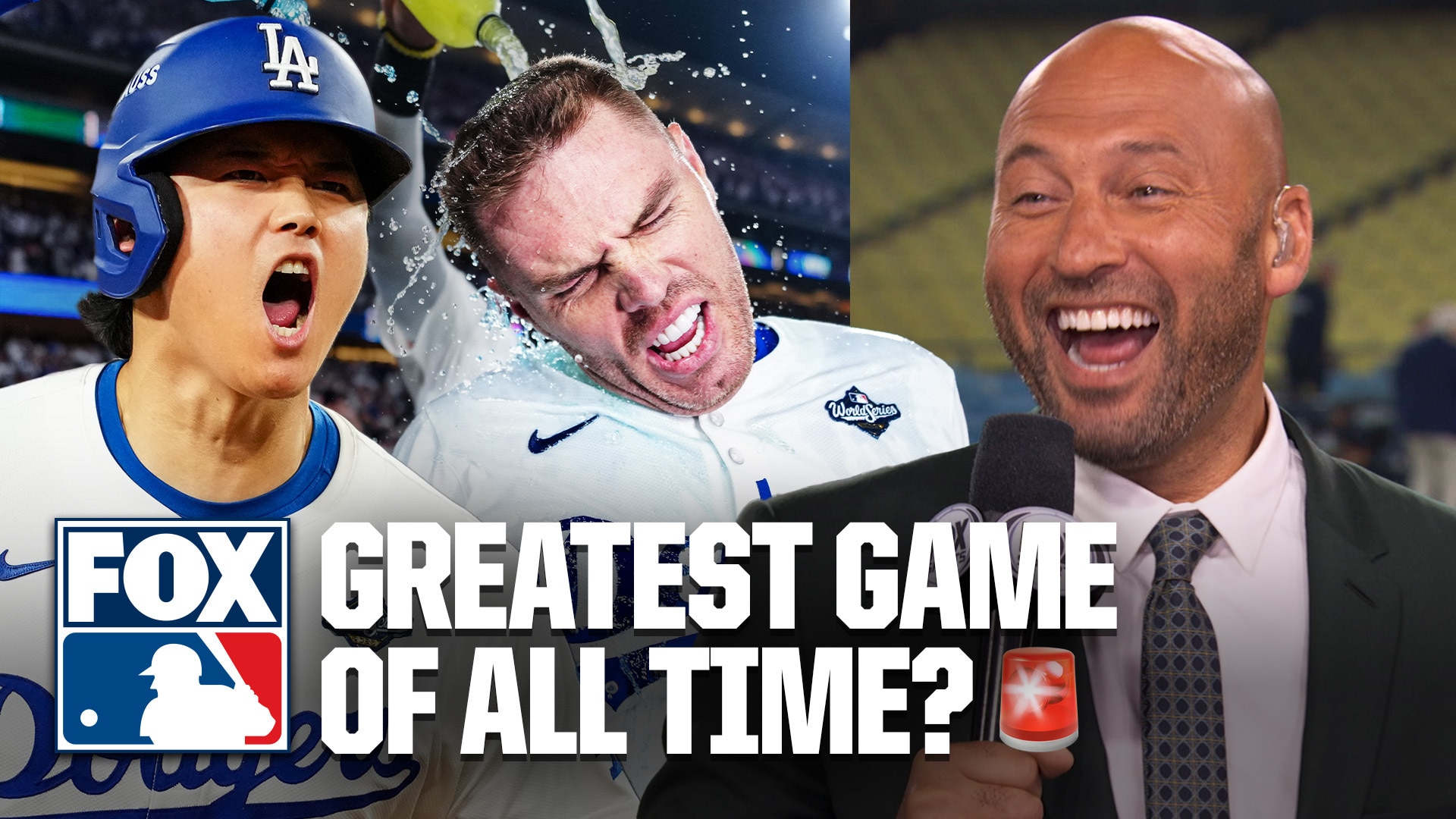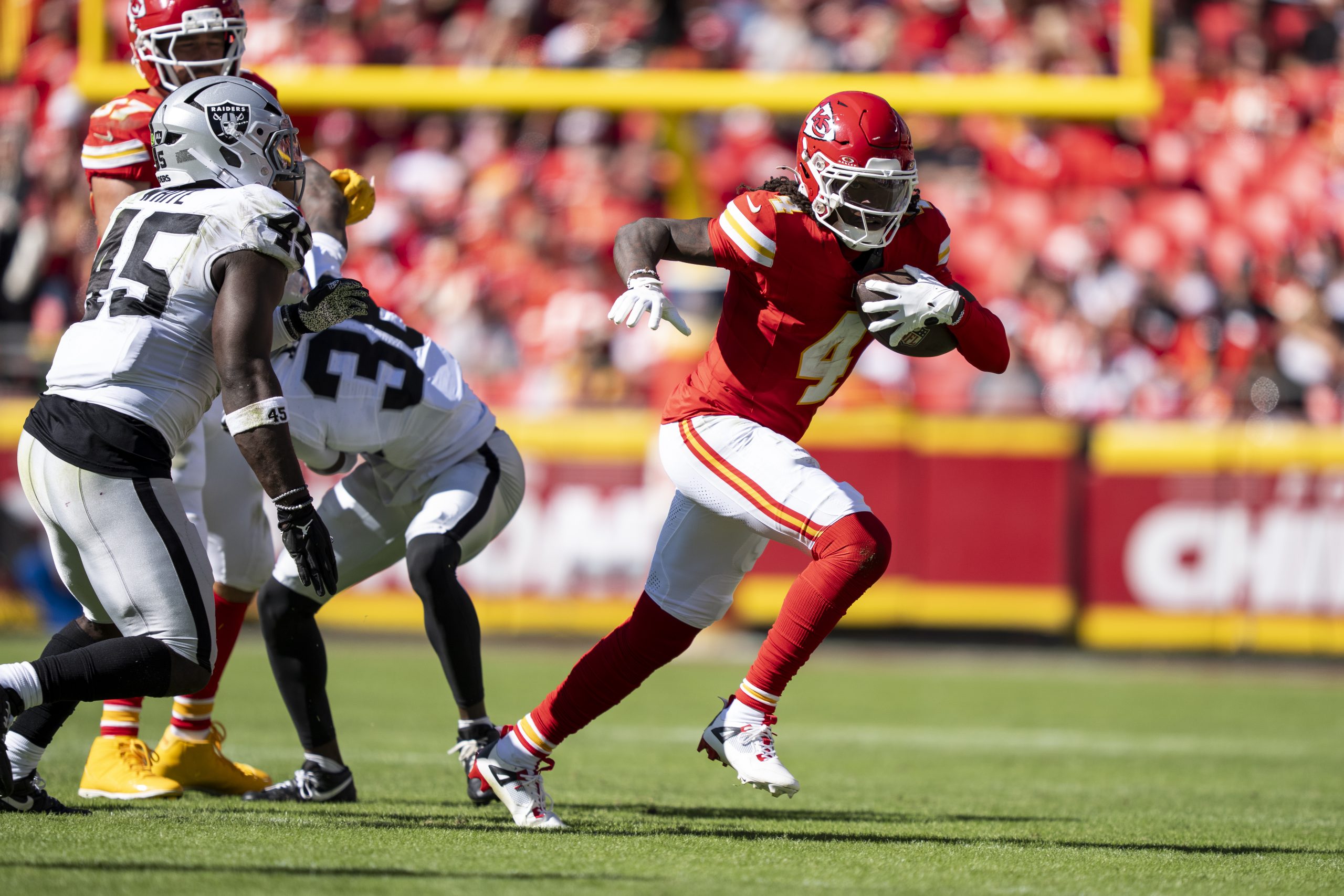CHICAGO — Colin Cowherd is being inducted into the Radio Hall of Fame later this week. Ahead of the honors, he spoke to Front Office Sports about his career path, his motivations in leaving ESPN for FS1 10 years ago, how he scouts for his podcast company The Volume, his future goals, and what makes his former agent Nick Khan—now the president of WWE—so effective in business relationships.
Front Office Sports: This Radio Hall of Fame induction is a huge validation of everything you’ve accomplished. What was your initial thought when you heard about this and started reflecting on the whole path of getting there?
Colin Cowherd: What took so long? I’ve just lived everywhere. I’ve always moved for the commerce—TV and radio, local and syndicated. And I just think, like if I was a sales guy that kept moving for commerce, you know, you do it because you have opportunities. A lot of people just don’t want to move. They move into a suburb, their kids get into a school and their wife makes friends and they’re like, ‘I’m done.’ And it’s not a lack of talent.
I can remember being in college and being like, ‘I’m going to make it to a network.’ And it wasn’t because I was any good. My take was, ‘I’m going to go until I get there.’
When I heard I was getting in [the Radio Hall of Fame], I thought, you know, that’s the culmination of a long journey, and no shortage of really, really supportive, good people. Nobody lives on an island. Nobody was born in a test tube. People have imprints, and I heard that line in the Billy Joel doc, and it’s so true. We all have influences, we all have support systems, and mine were very good.
FOS: What’s the CliffsNotes of your path on how you eventually got to ESPN?
CC: After college, I got a job in Las Vegas doing sales and an inning of play-by-play for the [minor league] baseball team, the Las Vegas Stars. That turned into a weekend sportscasting gig on the NBC affiliate, KVBC. That turned into a job in Tampa for two years [1993–95]. That turned into TV and radio in Portland [1996–2003], Portland turned into ESPN.
FOS: How did ESPN find you in Portland?
CC: They went and looked at ratings in local radio and noticed there was a big spike in Portland. So they sent John McConnell, an executive from ABC radio, to listen to me [surreptitiously]. He got snowed in and listened to me for three days. I guess he went back and said, “That’s the guy.”
FOS: What was the transition like from local to national?
CC: The hardest transition was when you’re a local sportscaster, you have to concentrate on about four teams. And then when you’re a syndicated guy, you’ve got 400 teams. So I made a decision: I had four or six weeks off between working local and working at ESPN. So I sort of made a decision that I wasn’t going to talk about 400 teams. I had listened to Rush Limbaugh do radio, and I thought one of the secrets is he only talked about two teams. He didn’t talk about moderates. He didn’t talk about independents. He didn’t even waste his time. Blue or red. And I thought, what if I just talked only [about] big brands? Yankees, Duke, Notre Dame. So I came out very early and said, I don’t like underdogs. I only like favorites. I don’t care if that’s called a frontrunner, but mostly I’m going to talk big brands. And, you know, you’ve got a little pushback, and I always used to say, well, look at the bowl game ratings. You know, Michigan in a bowl game gets better ratings than TCU or Boise State in a bowl game.
FOS: How do you scout talent for The Volume?
CC: Well, [Volume chief content officer] Logan Swain, that’s his job. It’s not public yet, but we just hired somebody else in that space too. I listen to stuff constantly. You know, it’s funny, when you’re a broadcaster and you listen, I don’t really care about people’s takes. I don’t really care about their opinions. I care about their pacing. Are they good storytellers? Are they self-deprecating? People probably think I listen to get a take. I’ve got my own. I never worry about takes.
I mean, John Middlekauff was essentially out of work. And then I listened to a tape and I thought … He’s a good talker. He’s verbal… He knows his stuff. He’s got an authority to him. I’m like, why in the world is he not working? And he’s been a big hit for us. I always say The Volume, we are essentially baseball scouts. But if we find you in Double-A baseball before everybody else does and create some loyalty and you become Juan Soto, we have a chance to retain you.
FOS: Earlier in your career, it was a very different content atmosphere because you’re on radio and it’s ephemeral. You say the words, the listener hears them, then it’s over. It’s not getting quipped in highlights, Awful Announcing isn’t showcasing mistakes. How has your philosophy changed as a broadcaster?
CC: The one thing I’ve changed is that when I was just doing radio my show may have had a slower pace. Once you’re on television and people have a remote, you’ve got to speed it up. And so think about Will Ferrell. Think about how gifted Will Ferrell is. He can do a movie, have 12 writers, and it bombs. I’m doing live radio and TV. You’re going to miss. You’re going to mispronounce. I don’t worry about it.
It’s like Steph Curry gets in trouble if he has a three-for-12 night and thinks about it. I don’t think about the good or the bad. I just don’t. I don’t loiter. I do it, I move on. So I don’t read the criticism. I mean, you’ll write an article, you’ll print the article, X is largely a grievance site, and everybody will say he’s terrible. You can’t let that get into your head, good or bad. Or if they said I’m great, that’s not good either. So Dennis Miller had a line years ago when somebody asked him about Saturday Night Live and he goes, I don’t want to know the research. If it’s too bad, I’ll get insecure. If it’s too good, I’ll get cocky.
I just want to do content. I love creating it. I love coming up with a funny line or a great analogy, but I don’t hang around for the post game show.
FOS: If you think about a pie chart of your audience, do you have any concept of what percentage of people are consuming you on TV versus radio versus digital?
CC: I don’t. I feel really fortunate that everything I’m on works. That’s hard to do. Radio, TV, digital, everything works. And I think it goes back to the pace. It’s a fast-moving pace. Everything’s better faster. Baseball. Pitch clock. Ratings go up. Everything’s better when it’s more succinct. So get to the point. Don’t mess around. Make your point, move on. I don’t know what the split is. I’m more aware of the revenue created by each component. You know, with radio and The Volume, it’s about revenue. With television, it’s probably more about sheer numbers.
Keep the pace up, tell good stories, have a sense of humor, an occasional good guest—it’ll work everywhere.
FOS: When [current WWE president] Nick Khan was your agent, did you see a future in which he was running a multibillion-dollar global conglomerate and be as much of a difference maker as he is?
CC: Absolutely. No question. What is it about him that makes him such a difference maker? His background is he was a waiter and a lawyer. He’s a great listener and a great problem solver. There’s been three or four people, maybe four or five people in my life I’ve met, and really, they really can size up a room and size up people quickly.
Just even his speech pattern and the way he talks to you, he’s very giving. He’s very interested in how you see the world. I mean, he’s the kind of guy, he’s kind of egoless. He’d be like, ‘Ryan, can I suggest something?’ He wouldn’t say, ‘I’m gonna tell you how to do this.’ He’d go, ‘that’s interesting.’ ‘Can I suggest,’ ‘Would you mind if I suggested,’ ‘I’m gonna throw something out.’ He’s got a unique ability to make you think it’s your idea, but it’s actually him leading you there very gently.
FOS: A lot of people said you would get lost when you left ESPN for FS1. How motivated were you to prove them wrong, and do you feel vindicated by the decision 10+ years later?
CC: I knew I would work because I was going to a true radio company in iHeart. I was going to a television company and everything works. Fox Business, Fox News, Searchlight, Fox Sports. I mean, they’re good at television. And I was going to be front and center, so I knew I’d be fine.
Also, podcasting and digital were exploding. So I thought it was sort of unrealistic to expect that I was going to go and all my audience was going to disappear. Like, you could be moderately popular and your podcast is going to grow. You know, 10 years ago when I came, podcasts were like in the second or third inning. Now they may be in the seventh, but everything was growing. Streaming was growing. Podcasting was growing. Cord-cutting wasn’t talked about as much. So it was like, I didn’t know how successful, but I knew my audiences would increase.
Being motivated by your enemies maybe works for your first show. But then you have another show the next day and you have to fill three hours. I mean Michael Jordan legendarily listened to his critics and was really angry at Sports Illustrated when they wrote one bad cover. But the reason he succeeded, again, was because he’s a really great basketball player and a workaholic. So I think all that stuff, I think it’s a great narrative and a story and a headline, but in the end, you’re either working your ass off or you’re not.
FOS: As you look at the rest of your career, what are your biggest goals?
CC: I’m working with really funny writers on an ABC project. I’m working with Doug Miro, who wrote Narcos Mexico. I’m working on the AMC project called The Kings of St. Louis. So a couple of writing projects. I have The Volume. I have radio, TV. My wife [Ann] and I, we do a lot with her. She’s really talented. We play around a lot with real estate. Buy and hold. Buy and sell.
When I started The Volume, I emailed Mark Cuban and Peter Chernin with questions. I like learning. I’m not threatened by smarter people, because in business, almost everybody is smarter than me. I like leaning on people, learning from people. I would say I’m like a student when I’m around business people. I don’t think that’ll ever end. I think I’ll be hustling when I’m 82 and, you know, coughing up my lung.
This interview has been slightly edited for length and clarity.
The post Colin Cowherd Reflects on Hall of Fame Career and Why His Show Works appeared first on Front Office Sports.

 5 hours ago
9
5 hours ago
9


